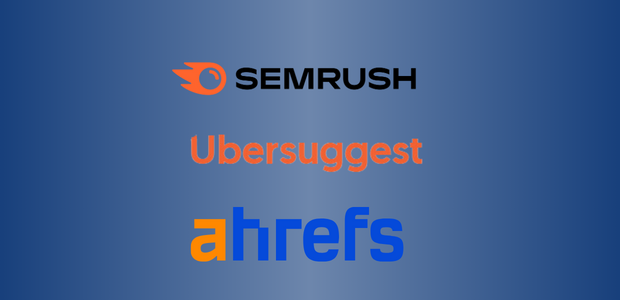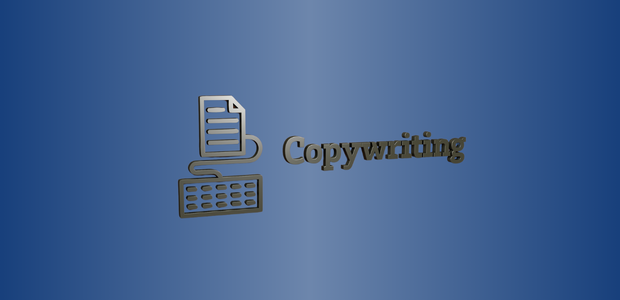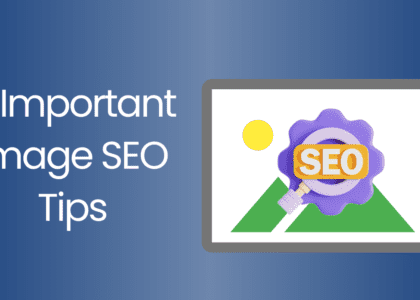Today, everyone thinks blogging is easy because people on social media platforms, especially on YouTube, promote starting a blog and earning thousands of dollars per month. But can it be as easy as it sounds? In this blog post, I will expose the dark side of blogging.
Table of Contents
What is Blogging?
Blogging is a method of sharing information, ideas, and stories through written content on a website. It involves creating regular entries or blog posts on various topics. While it may seem simple, successful blogging requires dedication, skill, and strategy.
Expose the Reality of Blogging
Nowadays, people say you should start a blog because it’s easy. They often suggest purchasing hosting and a domain through their descriptions’ links for profit. They explain that you need to connect your hosting with a domain, install WordPress, and your website is ready. Then, you just need to start a blog, which sounds simple. However, the reality of blogging is far more complex.
They might tell you to use ChatGPT to write content, copy-paste it into your post, include some images, and use Rank Math SEO to handle all the SEO needs. But is it that straightforward? This oversimplification can lead many aspiring bloggers astray.
Face the Reality of Blogging
If you followed this advice, you might start a blog without proper preparation, leading to zero results and wasted time. Does this mean blogging is bad and not worth trying? No, you can succeed in blogging with the right knowledge. Here, I will provide a realistic guide to starting your blogging journey.
Step-by-Step Guide to Blogging
Why Do You Want to Start a Blog?
- Determine your motivation. Is it to earn money, share your experiences, or provide valuable knowledge to others? If your primary goal is to earn money, you might not survive long in the blogging world. Focusing solely on money can lead to poor-quality content and unethical practices like black hat SEO tactics. However, if your goal is to add value to others’ lives, your blog will naturally monetize as people begin to trust and return to your site.
Identify Your Area of Expertise
- Choose a niche where you have substantial knowledge. This helps guide visitors with accurate information. Using tools like ChatGPT or Google Bard can help generate ideas, but it’s crucial to ensure the content is genuinely informative and original.
Learn Essential Skills
To succeed in blogging, you need to master several skills:
- SEO (Search Engine Optimization): SEO is crucial for your blog’s visibility in search engines like Google and Bing. It includes on-page, off-page, and technical SEO. You also learn to use Tools like Google Analytics, Google Search Console, and Google Tag Manager are essential for analyzing and improving your website’s performance.

- SEO Tools: Tools like SEMrush, Ubersuggest, and Ahrefs help you analyze your website for broken links, missing tags, and competitor analysis. It’s essential to become proficient in at least one of these tools.

- Graphic Design: Visual appeal is important. Learn tools like Canva and Adobe Express to create thumbnails, posters, banners, and social media posts.

- Content Writing: Writing high-quality content is key. Use ChatGPT for brainstorming, and creating outlines, and headlines, but always ensure your final content is unique and valuable. Google allows AI content if it is relevant and unique, but relying entirely on AI is risky.

- Social Media Marketing: Understand how platforms like Facebook, Instagram, Twitter, Pinterest, and Reddit work. Each platform has algorithms and content preferences.

- Blogging Platform: If you choose WordPress, learn it thoroughly, including plugins like Elementor for design customization, UX, and UI.

- Copywriting Skills: This is essential for creating compelling headlines and persuasive content, which is crucial for both blogging and social media marketing.

Is Blogging for Everyone?
No, blogging is not for everyone. It requires creativity and the ability to think outside the box. Blogging often presents challenges, and you might find yourself without immediate support. This journey starts alone, and solving problems independently is crucial. This is one of the darker sides of blogging.
Cost of Starting a Blogging Website
- Hosting: Around $37 per year
- Domain: Approximately $17 per year
- Theme: About $20 for a lifetime
- SEO Tool: Ubersuggest costs around $12/month
Overall, the fixed cost is around $54 per year for hosting and domain, $20 for a one-time theme, and $12/per month means $144 per year for ubersuggest.
Conclusion
In conclusion, blogging can be a rewarding venture if approached with the right mindset and skills. It’s not as simple as many influencers make it seem, but with dedication and the right knowledge, you can succeed in the world of blogging for beginners and even blogging for money. Stay tuned for more detailed guides on each aspect of blogging in my upcoming posts.
Related Blogs: 6 Important Image SEO Tips You Need To Know
FAQ
1. What do you mean by blogging?
- Blogging is creating and maintaining a website with regular entries called blog posts.
- Posts can include text, images, videos, and other multimedia.
- Blogs cover various topics and serve purposes like sharing information, personal experiences, or opinions.
2. How do I start blogging?
- Choose a niche or topic you are passionate about.
- Purchase a domain name and web hosting.
- Install a blogging platform like WordPress.
- Design your blog and customize its appearance.
- Start creating and publishing high-quality content regularly.
3. Do blogs make money?
- Yes, blogs can make money through:
- Advertising (e.g., Google AdSense)
- Affiliate marketing
- Sponsored posts and collaborations
- Selling products or services
- Membership or subscription fees
4. Does blogging need money?
- Yes, starting a blog requires some initial investment, including:
- Domain name registration
- Web hosting fees
- A good theme and design elements
- Optional: SEO tools, premium plugins, and marketing expenses
5. How much money per 1000 views on a blog?
- Earnings per 1000 views (RPM) can vary widely based on factors like niche, audience, and monetization method:
- Display ads: $1 to $10 per 1000 views
- Affiliate marketing: Earnings vary significantly based on the products and commissions
- Sponsored content: Rates depend on the agreement with sponsors



Great advice! I’ll definitely be implementing some of these tips.
Thank you! I’m glad you found the advice helpful. Let me know how it goes or if you have any questions along the way!
Wow, your perspective adds such depth to this discussion. I love how you challenge conventional thinking. It’s thought-provoking!
Thank you so much for your kind words! I’m glad you found the post thought-provoking. Challenging conventional thinking is something I strive for, and it’s great to hear it resonated with you.
We’re a bunch of volunteers and starting a new scheme in our community.
Your web site offered us with helpful information to work on. You have done
an impressive job and our entire community shall be grateful to
you.
Thank you so much for your kind words! I’m thrilled that my website could assist your community project.
My brother suggested I might like this website. He was totally right. This post actually made my day. You cann’t imagine just how much time I had spent for this information! Thanks!
I’m so glad you enjoyed it! Your brother has great taste—thanks for the kind words!
This is such a valuable resource. I’ve learned so much from this post, and I appreciate the practical advice you’ve shared.
Thank you Ronnie for your kind words
Hi, nice site, what website is best for finding affiliate products with high ticket prices?
In my opinion clickbank is best website for affiliate they have commission upto $100 you can go for it